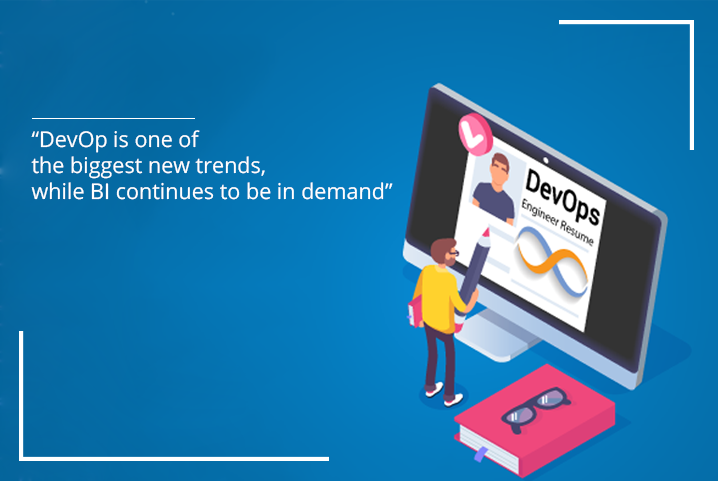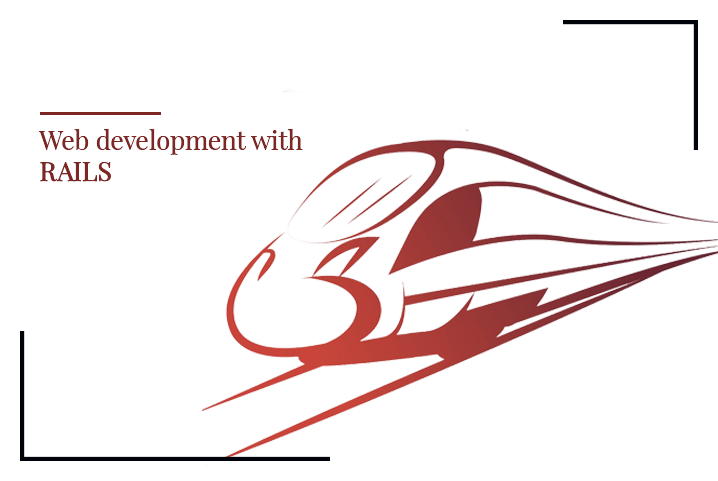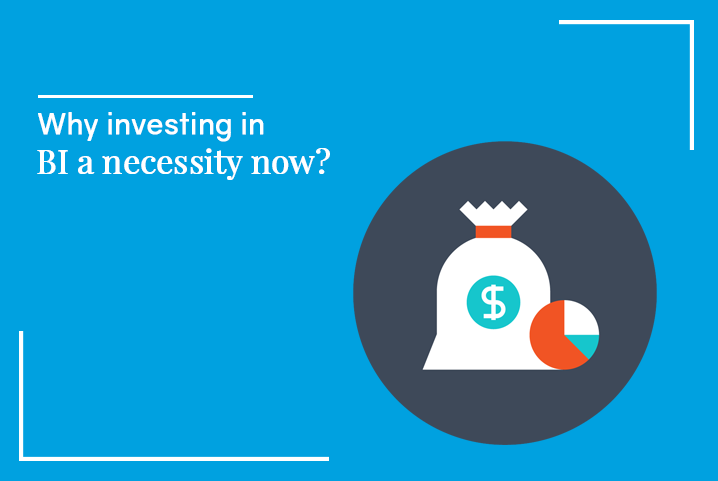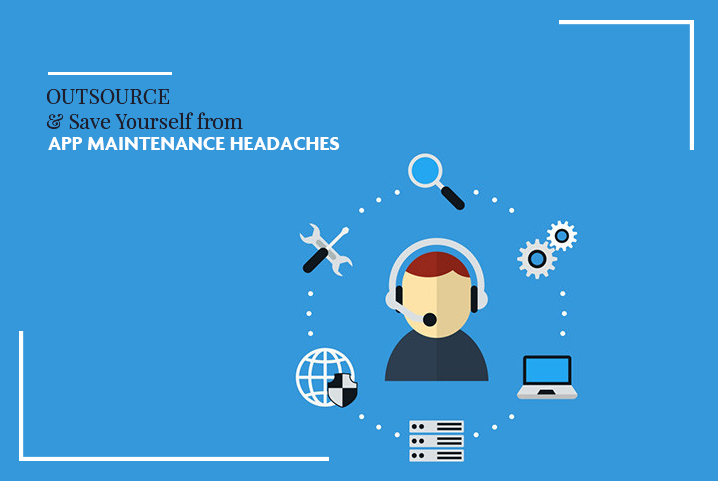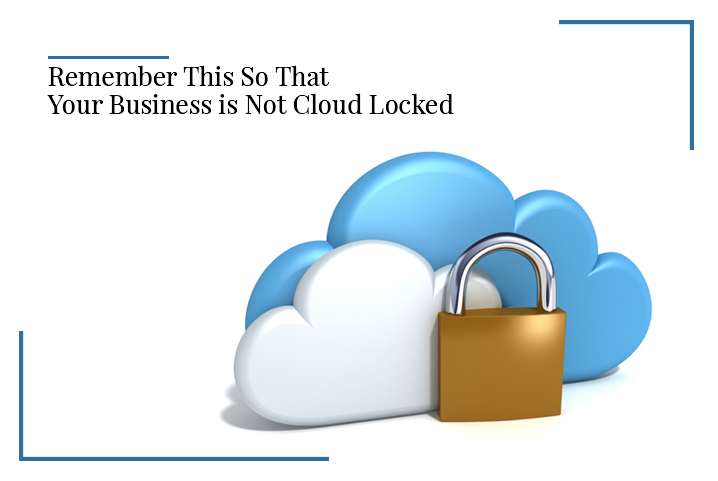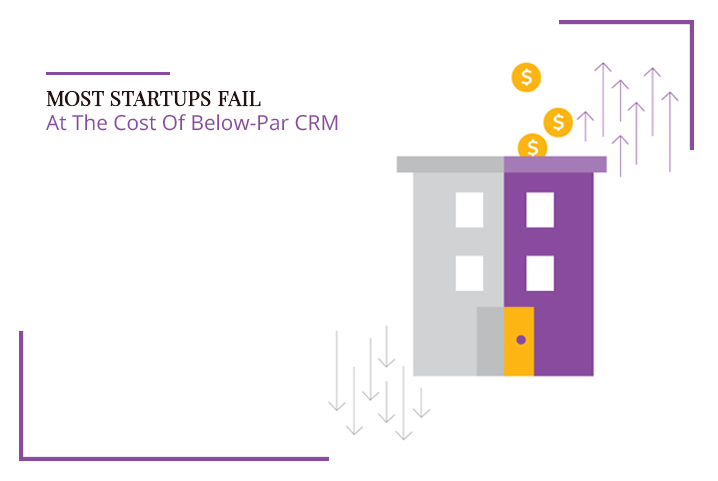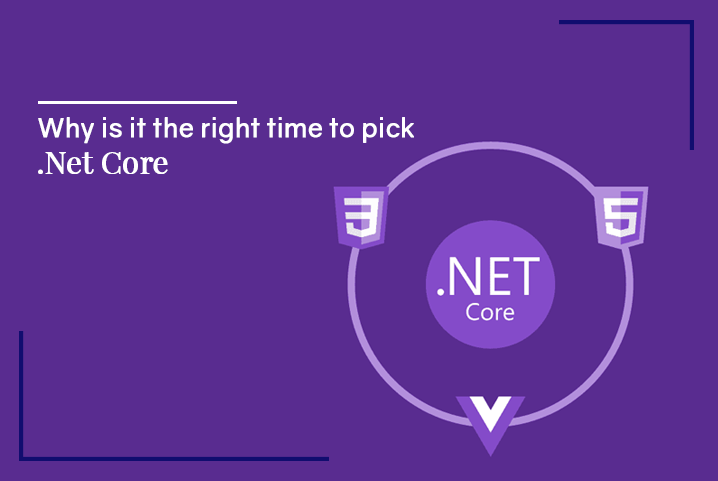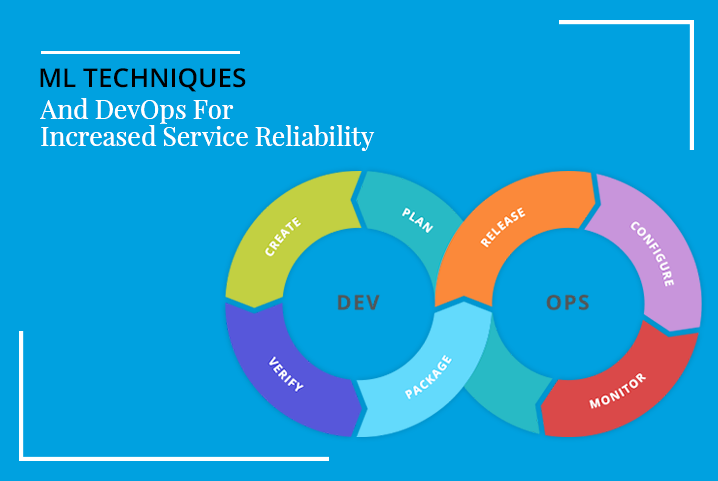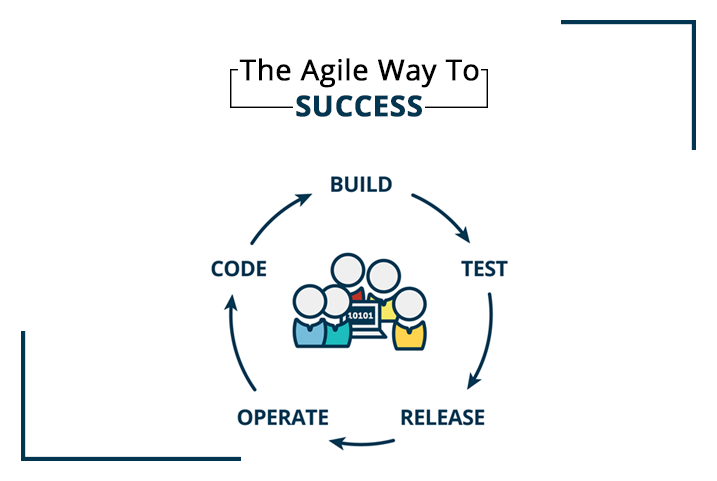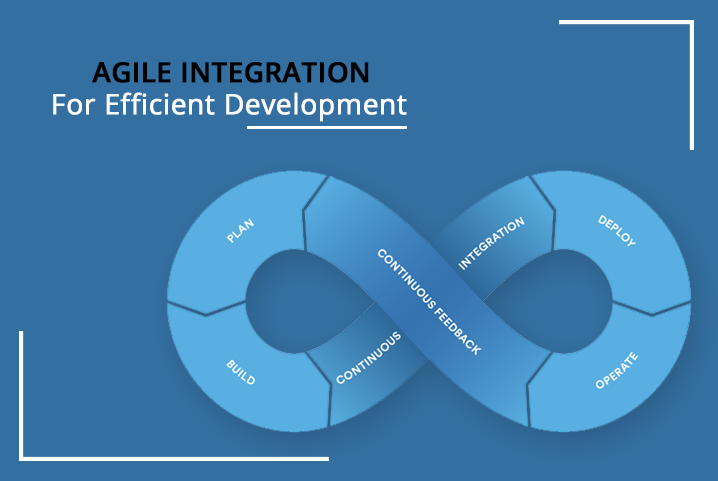Corporate world today is well off with effective tools and techniques to drive the desired ROI from the ever-expanding customer crew. However, what many of them lack is the ability to harness strategic and tactical insights from their organizational data to define better and deliver equitable solutions for the changeful market wing.
Category: General
Why is Rails so popular among SME’s and emerging Startups
It is out in the open that startup and SME boom is here to stay and every passing day tends to intensify it with greater ideas and initiatives taking up the enterprise route. However, there’s a fierce competition out there in the business world and emerging players need to address their client requirements with much more efficiency and speed than other established ones.
Why investing in BI a necessity now?
Business world today is well-heeled with technological tools and innovations which helped enterprises jack up their core potentials and draw maximum profit from their respective market spheres. The age of digital has been on an evident skyward rise with technological innovations like cloud technologies, Data Analytics, and digital transformation shoring up modern enterprise space with greater work potentials and efficiency surge.
The Right Time To Outsource APP Technical Support & Maintenance
In the world of mobile apps ‘change is the only constant,’ which means application support and maintenance can be a very taxing exercise with ever-evolving mobile technology cycles. It can be particularly concerning for enterprises with inadequate resource capacity to match up to the adaptive and preventive requirements of modern mobile apps. However, outsourcing is an excellent, cost-effective solution to all overbearing technical and maintenance headaches. Keep reading to find out more….
The Enterprise Race For iBPMIs About To Begin… What’s Your Grid Position?
If you ever have been to an Opera, the first thing to catch your eye must have been the conductor at the centre with a baton in his/her hand. The conductor neither plays any of the instruments nor does he sing yet; he is the most crucial part of an Opera. A slight twist in the movement of the hand can send the Opera into a chaos mode.
Planning A Move For The Cloud? Here Are A Few Things You Must Consider.
On-Demand Computing or Cloud Computing is an efficient, cost-effective and secure way for enterprises to access information, software, and applications on the go using just a web-browser. With this, enterprises can now virtualize their IT resources and significantly cut down on those piling-up IT infrastructure costs. But does it mean, that you must make that transition over the cloud? Or do you need to look out for certain conditions before opting for a cloud?
How Salesforce Integration Promises Improved ROI for SMBs & Startups
While many might argue that Salesforce is a CRM tailor-made for enterprises, its potency in accelerating sales and growth for SMB’s and startups cannot be undermined at all. In fact, a study reveals that incompetence is the key reason for most startups withering away even before fruition, making salesforce the ideal time-saving CRM tool for startups and SMB’s.
Salesforce Analytics Cloud vs Tableau
Data as a business entity has majorly taken over the enterprise space to become the single most important resource for any organization seeking to stay competitive and productive. Owing to this tremendous data growth, lots of modern-day enterprises are seeking to leverage its business potential and gain considerable edge in their targeted market segments. What businesses actually need is a technically accomplished software solution which can easily store, manage, and analyze all the available business data with outright accuracy and deliver otherwise incomprehensible insights to fund factual decision making.
Why is it the right time to pick .Net Core
Asp.net core, better known as .Net Core, is an open source application development framework with essential features like CLI(Command Like Application), cross-platform support, built-in secure functions and performance upgrades. It is supported across all major operating systems including Windows, Mac and popular Linux distributions along with inherent compatibility across variegated platforms including mobile, cloud and IoT upheld environment.
ML Techniques and DevOps For Increased Service Reliability
The benefits of DevOps for enterprises are beyond measure. Particularly, in today’s increasingly competitive environment where businesses cannot just afford to be good anymore, DevOps provides the perfect competitive edge that lets businesses reduce complexity and introduce agility in service or product delivery.
How Agile Helps Deliver Successful Products Rather Than Products Successfully
In the digital landscape where change is the only constant, Agile offers a dynamic work process that helps to keep up with fast-paced customer needs while at the same time keeping an eye on the penultimate goal of delivering a successful product.
Why do enterprises need continuous integration?
Agile integration has been progressing in the modern software development premise for almost a couple of decades now and field professionals believe its continual evolution has not only improved development practices but also allowed enterprises to come out on top of their domain expertise and better cater to their respective customer base.

